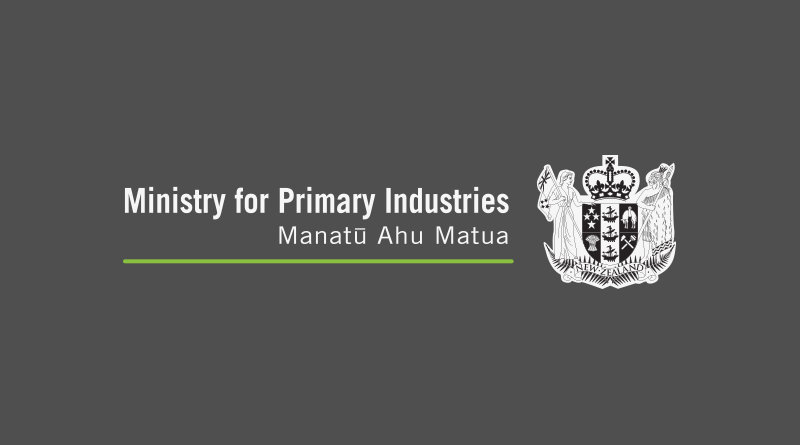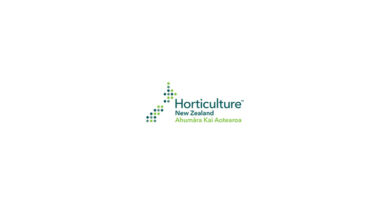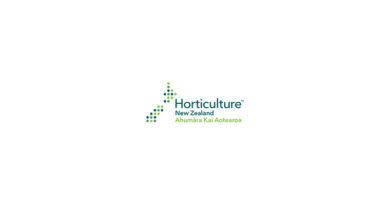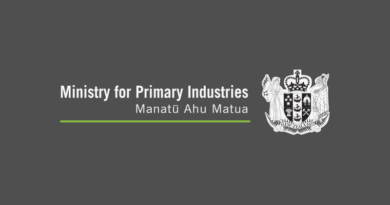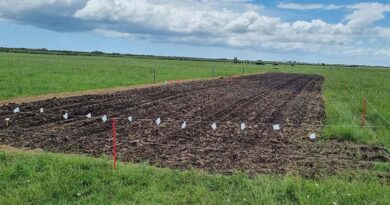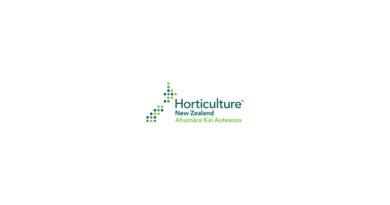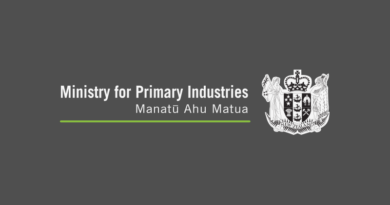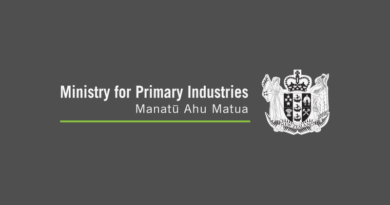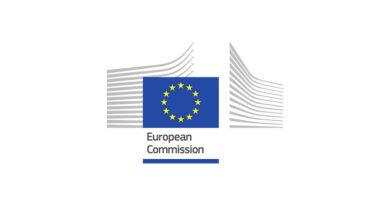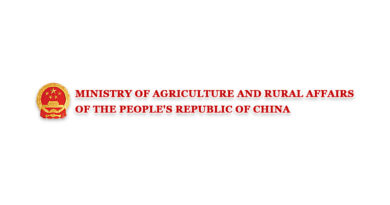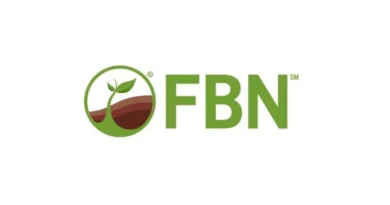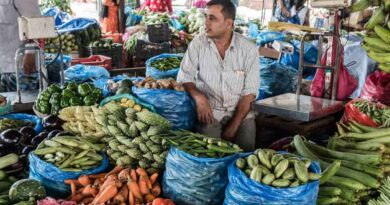Trial crops planted as part of Māori agribusiness project in eastern Bay of Plenty
29 November 2021, New Zealand: Crop trials have started as part of a major project to lift the productivity of Māori-owned land in the eastern Bay of Plenty.
The Ministry for Primary Industries (MPI) allocated $700,000 to the Whangaparāoa Māori Lands Trust to explore the potential of their whenua near Tihirau (Cape Runaway) and create jobs.
“The project marked a milestone this month with Plant and Food Research planting small trial plots of kūmara, taewa, edamame beans and peanuts,” said MPI’s director of Māori Agribusiness Robyn Meehan.
“The area has fertile soils and huge potential for high-value horticulture, generating economic opportunities and employment.”
The crops have been planted next to Te Kura Mana Māori o Whangaparāoa and near Plant and Food Research’s weather station at Otamaroa.
“The purpose of these trials is to see how different cultivars grow in the area. We’ve used mulch on half the plots to measure its benefits on warming the soil. The crops will be harvested early next year,” said Plant and Food Research’s principal scientist Dr Brent Clothier.
MPI’s Māori Agribusiness team has been working with the group of Whangaparāoa landowners since the project was funded in 2019.
The cluster is made up of representatives of the owners of 25 Māori land blocks and covers 18,000 hectares of land, with about a third (6000 ha) suitable for livestock, horticulture or arable farming.
“We undertook research to investigate options for profitable and sustainable land uses for our whenua. More than 70 potential land-use options were refined down to half a dozen, which aligned with the group’s key aspirations,” said cluster co-facilitator Rika Mato.
“We preferred a sustainable mixed land use kaupapa (policy) over a single crop. A total of 10 different crops, including the tactical use of livestock to rotate with cropping, is planned in the next phase of the programme.”
The mahi is part of the Government’s Fit for a Better World roadmap to increase the value of food and fibre sector exports by an extra $44 billion in 10 years.
“The cluster was the first group we started working with when our extension programme specifically designed for Māori launched in 2019,” Ms Meehan said.
“Since then, we have partnered with 26 Māori agribusiness clusters across the motu (country), providing them with tools, support and information to find different uses for their whenua.
“It’s part of a $12.2 million commitment over 4 years to provide farmer-to-farmer support to Māori landowners and trustees through the Māori Agribusiness Extension (MABx) programme.”
The Whangaparāoa landowners’ cluster is in the process of establishing a joint business entity and exploring funding, partnerships, and investments to implement land use choices.

